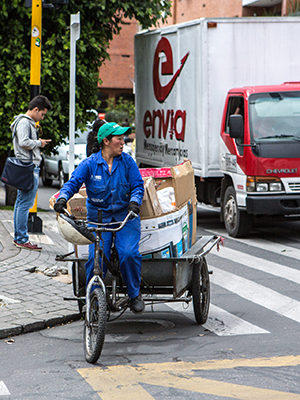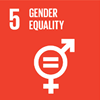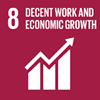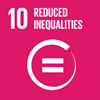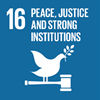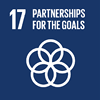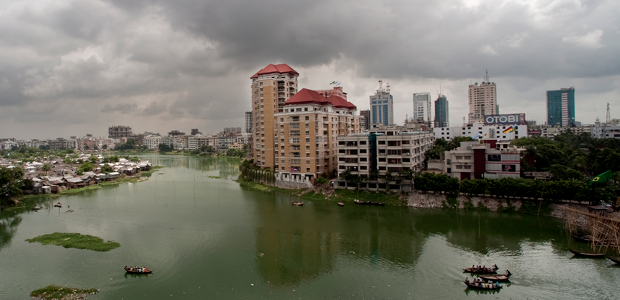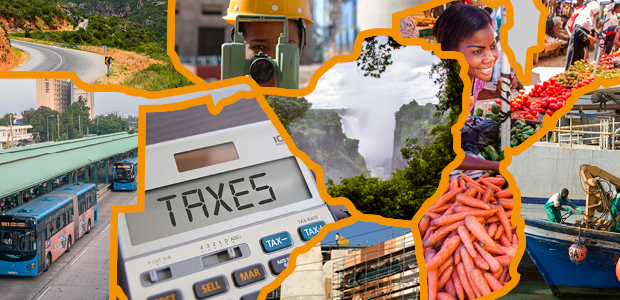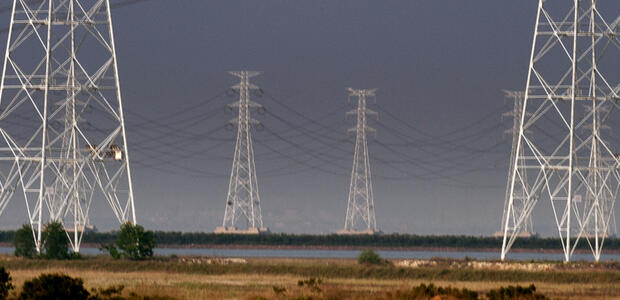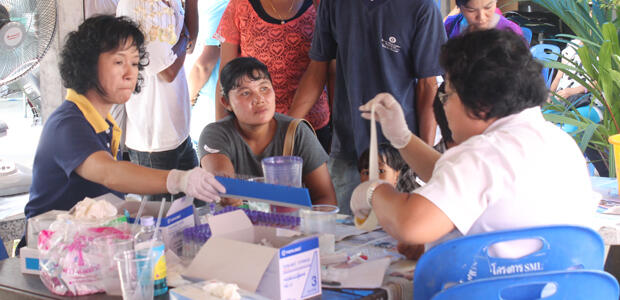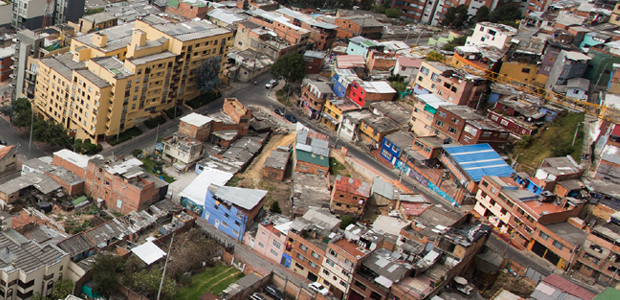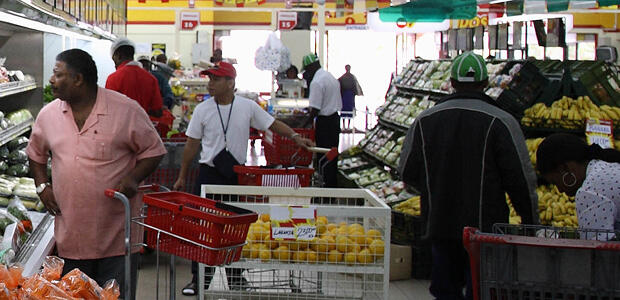Transforming economies, states, and societies
At its core, development is about the well-being of people. But it is also about creating societies which provide fundamental rights and just social political outcomes. Sustainable and inclusive development requires transformative changes across three fundamental areas: in the structures of economies, in the state, and institutions that govern social and market interactions and broader developmental processes, and in society itself. These transformations are central to the achievement of the United Nations’ 2030 Agenda for Sustainable Development and the Sustainable Development Goals (SDGs).
The 2019–23 UNU-WIDER work programme focuses on the interlinked development challenges of transforming economies, states, and societies and maps them against SDGs 5, 8, 10, 16, 17. By mobilizing research evidence for action through the ongoing processes in the UN and its member states, the institute continues to work with stakeholders to strengthen capacities for research, technical, and policy analysis, and facilitate exchange of experiences and knowledge towards bold and collaborative development solutions for countries and regions around the world.
Click on the table below to explore our current work or scroll down to search past projects.
36 active and previous projects
Filter by...
Transformation
Natural resources, structural change, and industrial development in AfricaThis project focuses on three specific areas that impact the pace of structural transformation and job creation in five emerging African natural resources economies: Ghana, Mozambique, Tanzania, Uganda, and Zambia.
Inclusion
Disadvantaged groups and social mobilityThis project has three main objectives in line with UNU-WIDER’s tradition in the area of inclusion and horizontal inequality: (1) to shed further light on the extent to which inequalities run along ethnic, gender, and other communal lines; (2) to...
Transformation
Structural transformation and inclusive growth in Viet NamThis project responds to the SDG’s call for a strengthening of data collection and capacity-building in Member States. Timely and better disaggregated, country level data aids the search for an evidence-based course to realizing economic...
Inclusion
World inequalityThe purpose of this project is to advance data collection, measurement, and research regarding the development of inequality in the world. A major focus in this research area is the maintenance, updating, and development of the World Income...
Transformation
The growth-employment-poverty nexus in Latin America in the 2000sLatin America in the 2000s witnessed an unprecedented period of growth with poverty and inequality reduction. Latin America also suffered from the economic crises in Europe and the United States from 2007/08 onwards. The questions asked in this...
Transformation
Macro-economic management (M-EM)This project explores how macroeconomics of development is evolving; what the policy priorities are as the global economy undergoes transformation (with more countries moving from low- to middle- income status); the impact of global economic...
Transformation
Development policy and practice: competing paradigms and approachesThis project uses UNU-WIDER’s high level of convening power – its ability to mobilize senior figures in the development policy debate from different paradigms – and its ability to stand aside from the fashions and pressures of the academy, to bring...
Inclusion
Gender and developmentSubstantial progress toward gender equality and women’s empowerment has occurred over the past four decades, but key gaps, both in opportunity and capability, persist between males and females in all countries. This project focuses on generating high...
1998-99
Information technology - growth and employmentIt is a widely held opinion among policy-makers and social scientists that the so-called 'information revolution' is having a substantial impact on the world economy. It is often also presumed that this impact is beneficial to all those countries...
1998-99
New roles and functions for the UN and the Bretton Woods InstitutionsIn a world beset by the effects of the Great Depression and war, the 'Keynesian message' strongly inspired the post-war policy agenda and the structuring of the UN/Bretton Woods system. In contrast, an increasing gap has been emerging between the...
1998-99
EMU and its impact on Europe and the developing countriesThe single European currency, the euro, implies deep changes in the pattern of economic integration in Europe, as well as in the world financial system. These changes will have important consequences on developing countries as well. In Europe, the...
1998-99
Rising income inequality and poverty reduction - are they compatible?Over the last several years, the donor community has increasingly focused its efforts on poverty eradication. Meanwhile, income inequality appears to have been rising in many developed, developing and transitional countries. Economic theory explains...
1998-99
Transition from below - the role of the new private sectorMuch of the discussion about privatization in the former socialist economies has focused on the divesture of state-owned enterprises (SOEs). While this approach has been inspired by the belief that privatization will solve all production and...
1998-99
Underdevelopment, transition & reconstruction (UTR) in SSAThe development prospects in SSA are particularly problematic in those countries which adopted Soviet style planning in the 1970s, i.e. Angola, Congo, Eritrea, Ethiopia, Guinea, Guinea-Bissau, Mozambique, and Somalia. The policies of these countries...
 Join the network
Join the network